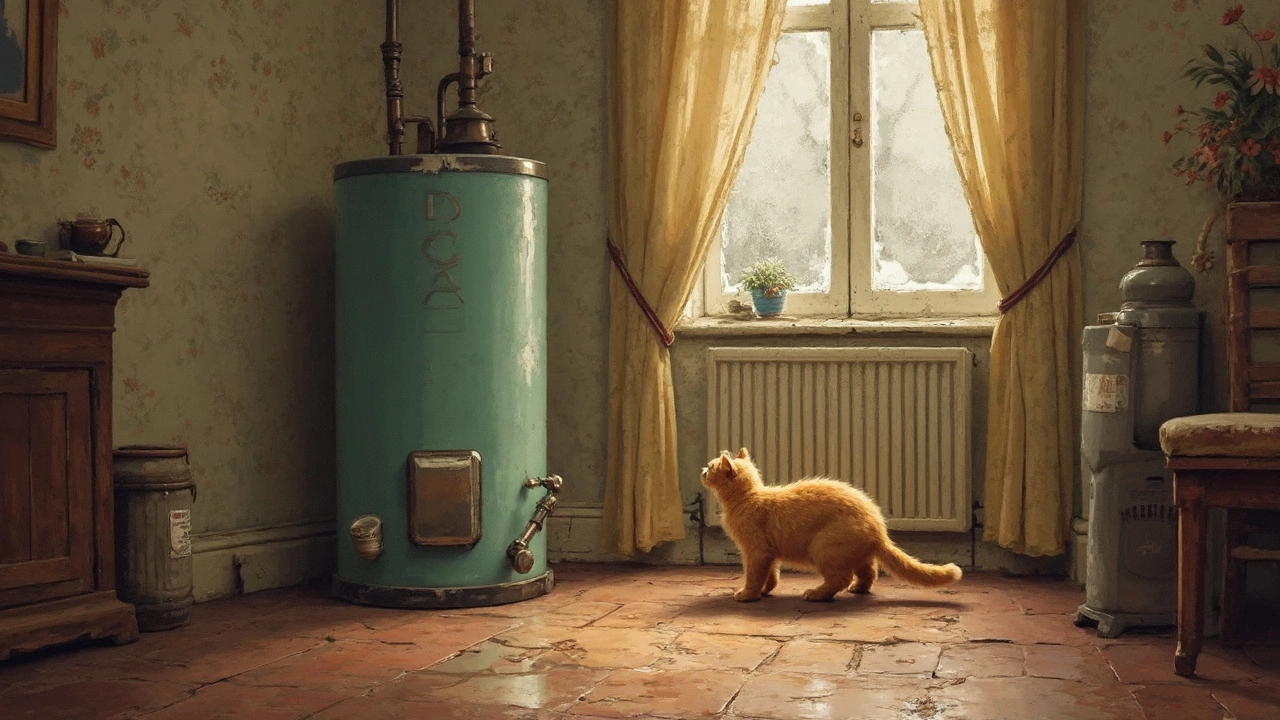Plumbing Tips You Can Use Today
Dealing with a leaky tap or a cold shower can feel like a nightmare, but most problems have easy fixes. Below are straight‑forward tips you can try before you call a pro. Grab a screwdriver, a bucket, and let’s get those pipes working right.
Prevent Common Hot Water Issues
Cold water bursts often mean a stuck thermostat or a tripped reset button on your water heater. First, check the reset button on the heater’s thermostat – it’s usually red and located on the front panel. Press it gently; if it pops back out, you’ve reset the system. If the water still runs cold, look for a build‑up of sediment in the tank. Draining the tank once a year clears the sludge and improves heating efficiency.
Another quick check is the dip‑switch on newer electric heaters. Make sure it’s set to the correct voltage for your home. An incorrect setting can cause the heater to overheat and shut down. While you’re at it, listen for any humming or clicking sounds. Unusual noises often signal a failing heating element, which can be swapped out without a plumber if you’re comfortable working with electricity.
Maintain Your Boiler and Pipes
Boilers love regular attention. Turn the system off, let it cool, then wipe any dust from the burners and flues. A clean burner fires more efficiently and reduces the risk of carbon buildup. Next, test the pressure gauge – it should sit between 1 and 1.5 bar when the system is cold. Low pressure means you need to add water via the filling loop; high pressure could signal a faulty valve.
For pipe leaks, the first step is to locate the source. Small drips often come from loose fittings. Use an adjustable wrench to tighten the nut a half‑turn; avoid over‑tightening, which can crack the pipe. If you see corrosion or rust, replace that section of pipe. Copper and PEX are common choices; both are easy to work with and resistant to future leaks.
Don’t forget about the vent pipes on your boiler. Blocked vents cause pressure problems and can shut the system down. A quick brush‑out with a long, flexible pipe cleaner keeps the vent clear. If you notice a strange smell near the boiler, it could be a gas leak – shut the gas supply and call a certified technician immediately.
Finally, regular flushing of radiators helps prevent cold spots and reduces strain on the boiler. Turn the heating off, close the inlet and outlet valves on a radiator, then use a radiator key to open the bleed valve. Let the water drain into a bucket, then close the valve and re‑open the system. This simple routine keeps the heat circulating evenly.
These plumbing tips cover the most common issues you’ll face at home. Try the quick checks first; many problems disappear with a reset, a clean component, or a tightened nut. If the issue persists, it’s time to call a professional – but you’ll have saved time and money by tackling the easy fixes yourself.
Where Does a Water Heater Leak Most Often?
0 Comments
Is your water heater causing a splash in all the wrong places? Identifying where exactly a leak is coming from can save you time, money, and a cold shower. From valves and pipes to the tank bottom itself, each leak location can tell a story about what's happening with your heater. Find out the common places leaks occur, why they develop, and how you can tackle them effectively.
Read More